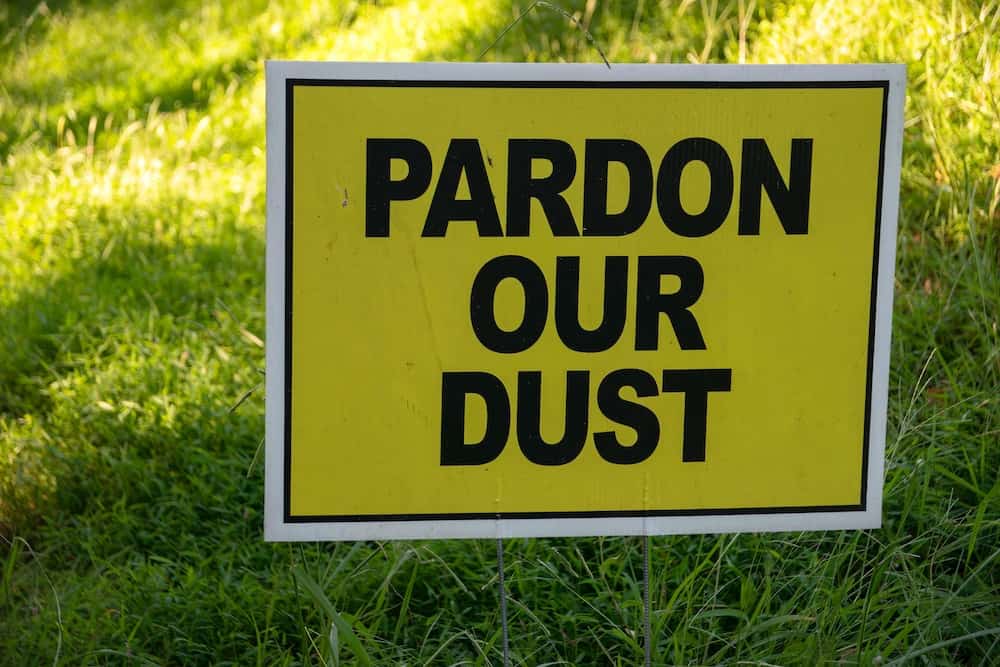A felony, categorized as a serious crime, carries severe penalties and profound consequences. From imprisonment and hefty fines to the loss of civil rights and enduring social stigma, the impact of a felony conviction can be far-reaching and enduring. However, amidst these challenges, there lies a mechanism of redemption and rehabilitation – a pardon.
Whether granted by the President or a Governor, depending on the federal or state nature of the offense, a pardon is an act of clemency that has the power to forgive the offense and restore lost rights and privileges. It paves the way for overcoming barriers and challenges that impede access to employment, housing, education, and other vital opportunities in life.
Yet, the path to a pardon is neither straightforward nor guaranteed. It demands a comprehensive understanding of intricate legal processes and stringent requirements, coupled with a convincing demonstration of remorse, rehabilitation, and merit. A pardon is not a right or an entitlement but a discretionary privilege extended on a case-by-case basis by executive authority. Therefore, despite compelling circumstances and diligent efforts, there exists no definitive assurance that a pardon application will be accepted or approved.
This guide, therefore, aims to elucidate the complexities inherent in pursuing pardons for felonies. We will navigate the daunting legal labyrinth together, exploring eligibility criteria, dissecting application procedures, and examining the potential impacts and subsequent path to societal reintegration.
Types of Effects of Pardons
Before going further, it is important to understand the types of pardons a felon is likely to get. A pardon is often seen as a beacon of hope for felons seeking to rectify their past wrongs and reintegrate into society. Yet, it’s important to note that pardons can take various forms, each with its own distinct implications and effects on a person’s legal and civil standing.
- Full pardon: This is the most complete and unconditional form of pardon, which absolves the person of all the legal consequences of the conviction, such as imprisonment, fines, probation, parole, or civil disabilities. A full pardon restores all the rights and privileges that were lost due to the conviction, such as voting, serving on a jury, holding public office, or owning a firearm. A full pardon also erases the conviction from the person’s criminal record, making it as if the crime never occurred.
- Conditional pardon: This is a form of pardon that imposes certain conditions or restrictions on the person who receives it. The conditions may be related to the person’s behavior, such as refraining from committing another crime, performing community service, or undergoing treatment. The conditions may also be related to the person’s status, such as remaining in custody, being deported, or forfeiting certain rights. If the person fails to comply with the conditions, the pardon may be revoked and the original sentence may be reinstated.
- Commutation of sentence: This is a form of pardon that reduces or modifies the punishment imposed by the court for a conviction. A commutation of sentence may shorten the length of imprisonment, change the type of confinement, or waive some of the penalties or fines. However, a commutation of a sentence does not erase or nullify the conviction itself, nor does it restore any of the rights or privileges that were lost due to the conviction.
- Remission of fines or forfeitures: This is a form of pardon that cancels or reduces some or all of the monetary obligations that result from a conviction. These obligations may include fines, fees, restitution, or forfeiture of property. A remission of fines or forfeitures does not affect any other aspects of the conviction or sentence.
- Respite: This is a form of temporary pardon that postpones or suspends the execution of a sentence for a certain period of time. A respite may be granted for various reasons, such as humanitarian grounds, medical reasons, legal issues, or administrative convenience. A respite does not change or cancel the sentence itself; it only delays its enforcement until a specified date or event.
- Amnesty: This is a form of general pardon that applies to a group or class of people who have committed certain offenses. An amnesty may be granted for political, social, or historical reasons, such as ending a war, resolving a conflict, or commemorating an occasion. An amnesty may have different effects depending on its scope and terms; it may absolve people from prosecution, conviction, or punishment for their offenses.
Understanding these different types of pardons is crucial when considering the path of legal forgiveness. Each carries its own specific benefits and limitations, shaping the nature and extent of the felon’s societal reintegration.
The eligibility and application requirements for pardons
The quest for a pardon, a symbol of redemption and a second chance, demands an understanding of specific eligibility and application requirements. Depending on the nature of your felony – federal or state – and the jurisdiction, these conditions can vary significantly. However, some common denominators guide the process.
- Eligibility Requirements
To qualify for a pardon, you must meet several predetermined conditions:
- Waiting Period: Post-release from incarceration, you’re expected to have completed your sentence and undergone a stipulated waiting period. This period, usually five years for federal pardons and varying across states for state pardons, is designed to allow a demonstration of rehabilitation and good conduct.
- Citizenship: Being a citizen or a lawful permanent resident of the United States is a prerequisite to applying for a pardon. If you don’t hold this status, you might qualify for a deferred action, a special pardon type that can prevent deportation or removal.
- Jurisdiction: Your application should be directed toward the relevant authority with the power to grant a pardon. For federal crimes, applications go through the Office of the Pardon Attorney to the President. State crimes require application to the Governor or the pardon board of the state where the crime was committed. Military crimes are handled by the Secretary of the convicted individual’s service branch.
- Type of Crime: Your felony should be eligible for a pardon. Certain crimes like treason, impeachment, or military desertion might be excluded from pardon considerations. Other types, like drug-related offenses, sex offenses, or violent offenses, may have special conditions or procedures attached.
- Application Requirements
To qualify for a pardon, you must meet several predetermined conditions:
- Application Form: The first step is completing an official application form, accessible from the relevant authority’s website. The form requires details of your personal information, criminal history, reasons for seeking a pardon, and supporting documents. Be sure to answer all questions truthfully and attach any relevant documents.
- Notice of Intent: The District Attorney or the prosecutor of the county where the conviction occurred should be notified about your intent to seek a pardon. A copy of your application form and all supporting documents should be provided to them for review and comment.
- Submission: Your completed application, along with all supporting documents, should be submitted to the granting authority, either by mail or online. Any applicable fees should be paid, and copies of all submissions should be kept for your records.
- Review: The granting authority or its staff will review your application, a process that may include background checks, interviews, investigations, hearings, or consultations. They may also seek input from other parties, such as victims, witnesses, judges, law enforcement officials, or the public. Given the complexity and volume of applications, this process may take months or even years.
- Decision: The granting authority will approve or deny your application at its discretion. You will be informed of the decision via mail or online. If approved, you will receive a certificate or an order of pardon outlining your pardon’s terms and effects. If denied, there may be options to reapply after a certain period or appeal to a higher authority.
Conclusion:
In conclusion, securing a pardon for a felony is a journey replete with complexities and nuances. Yet, despite the intricate processes and the stringent requirements, a pardon is a beacon of hope for those seeking a fresh start. It offers not just a chance for legal redemption but also an opportunity for societal reintegration, providing a pathway to restore lost rights and begin anew.
In embarking on this journey, it is crucial to remember that a successful application hinges not only on meeting eligibility and application requirements but also on a demonstrable commitment to rehabilitation, remorse for past transgressions, and a sincere resolve to contribute positively to society.
Moreover, bear in mind that the process can be long and may not always yield the desired results on the first attempt. Persistence, resilience, and continued commitment to personal growth are key in navigating this path.
Regardless of the challenges, remember that a pardon symbolizes more than just forgiveness—it is a testament to the belief in second chances, the capacity for change, and the indomitable spirit of human resilience.
We hope this guide serves as a helpful resource as you navigate the complex process of seeking a pardon. Remember, every step you take is a step toward change, redemption, and a brighter future. We wish you all the best in your journey toward obtaining a pardon and success in all your future endeavors. With persistence and determination, you can overcome your past and open doors to new opportunities. Good luck!
So what do you think about this blog post Pardons for Felonies: An Exhaustive Guide to Legal Processes? Have you or someone you know been in that situation? What was that like and what happened? Please tell us in the comments below.






